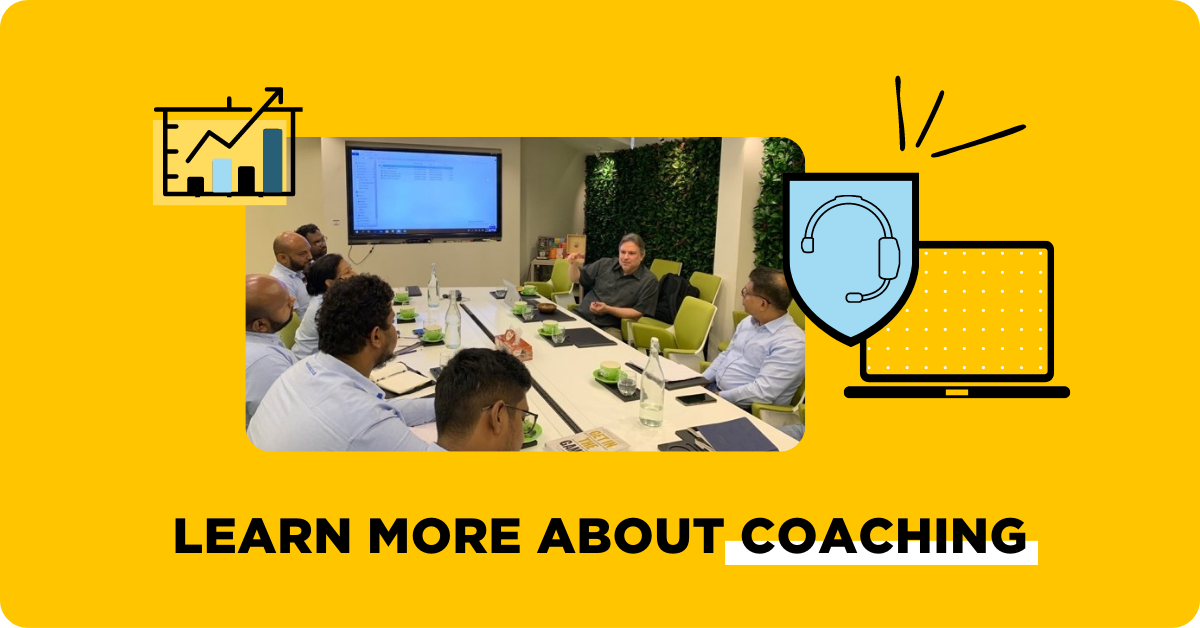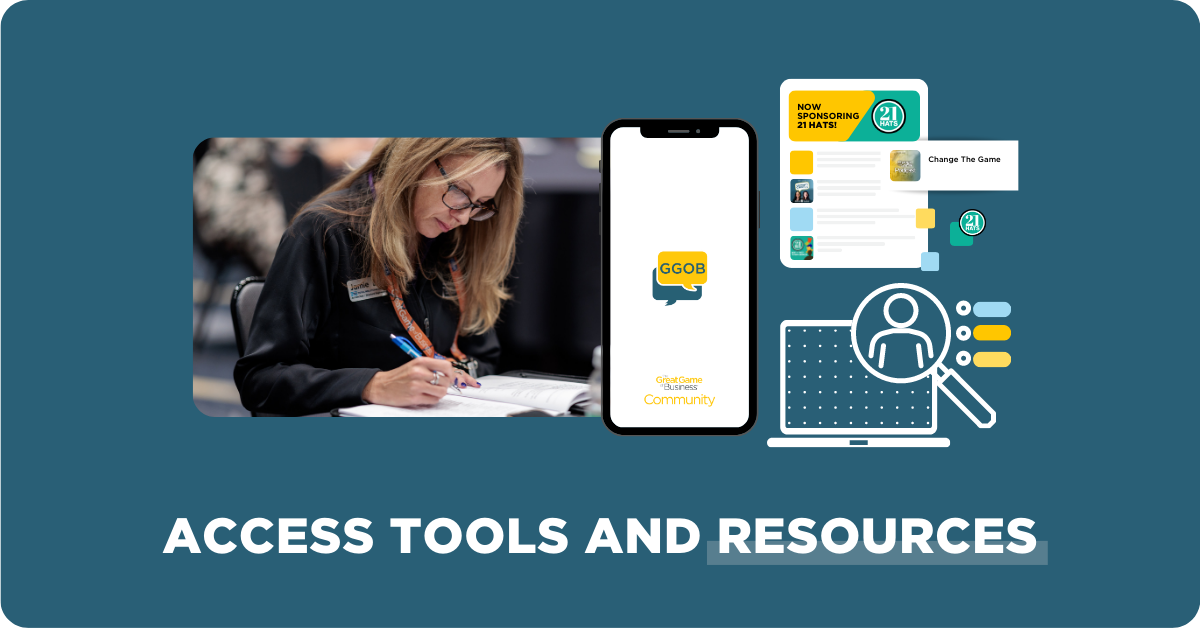Company Background
Founded in 1983 in Tulsa, Oklahoma, Enercon Services, Inc. (ENERCON) has grown to be one of the largest firms providing environmental and engineering services in the nation. A 100% employee-owned company, ENERCON earned more than $220 million in revenue for 2012. The company has four divisions – Environmental Services, Power Generation, New Plant Services, and Federal Services – and operates out of 25 offices nationwide, plus international offices in Belgium and Abu Dhabi. Clients include: federal, state and local governments, most major electric utilities, chemical and nuclear fuel cycle facilities, oil and natural gas companies, and many Fortune 500 companies.
Business Challenges
ENERCON is celebrating its 30th anniversary in 2013 – and almost 20 years since it officially opened its books as part of a Great Game of Business initiative in the early 90’s. As the business has contin-ued to thrive during that time, it has grown rapidly – especially in terms of its payroll, which expand-ed from about 193 people in 1992 to more than 1,200 full and part-time associates today. The chal-lenge, the firm realized, was that there were only a handful of people who remembered why the company had opened its books in the first place and why it was so important to reconnect with those roots. “We wanted to refresh the mindset of what it means to think and act like an owner of this company,” says ENERCON president John Richardson.
.png)


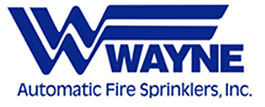
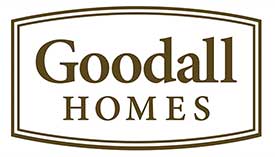
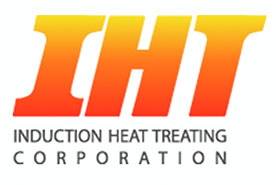

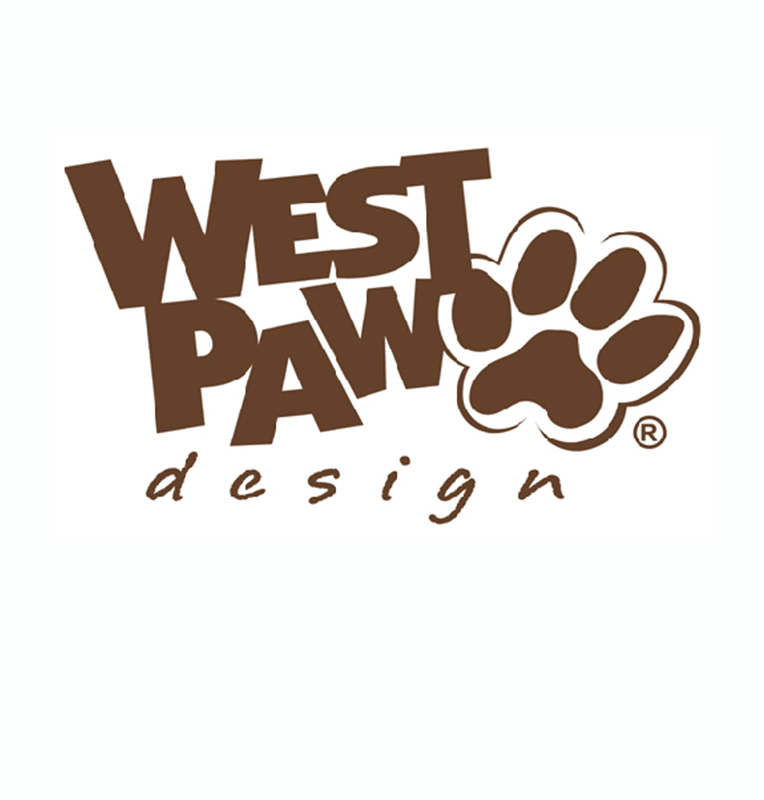
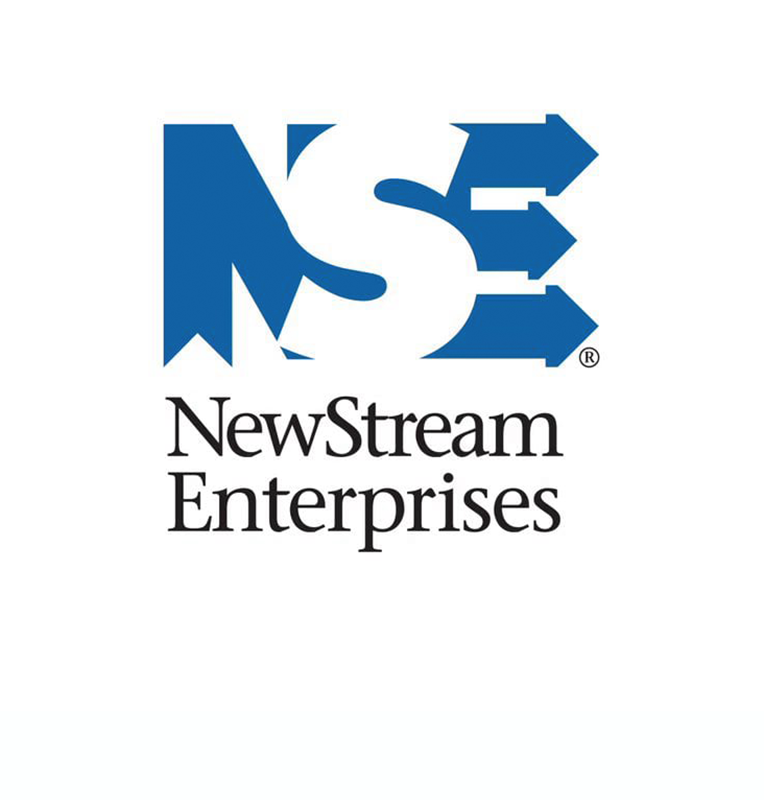
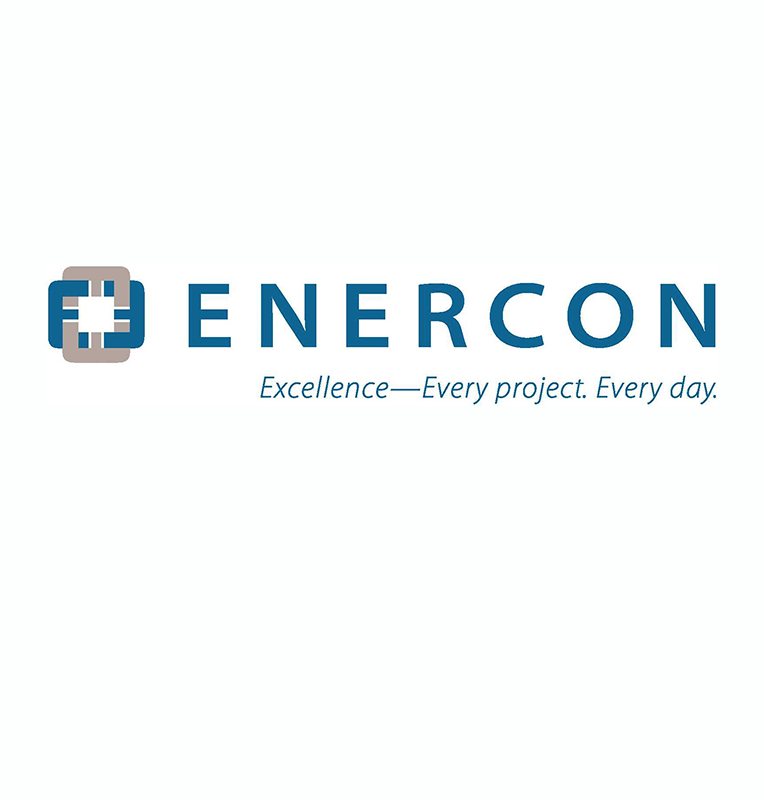

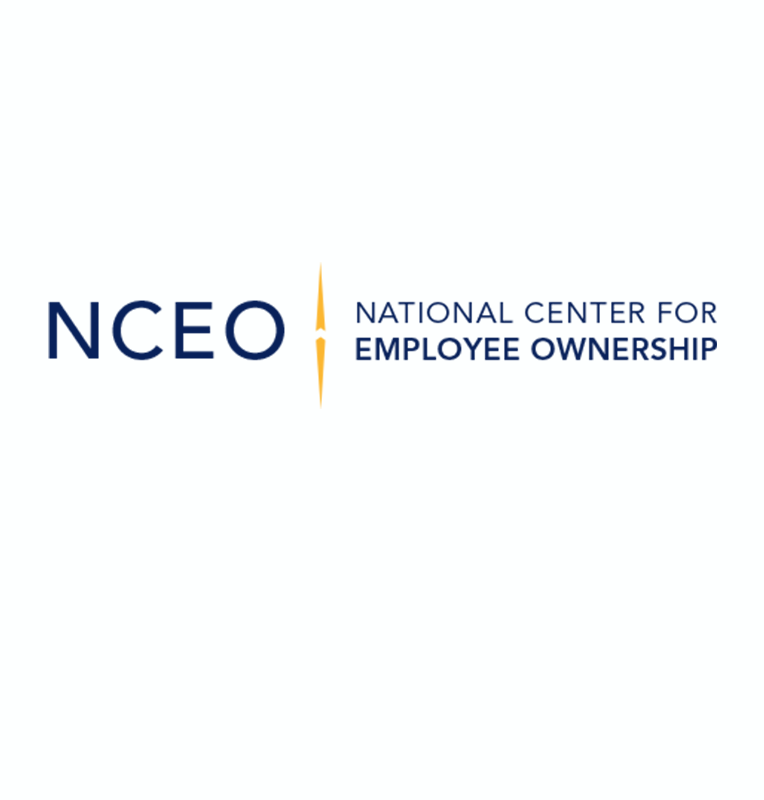
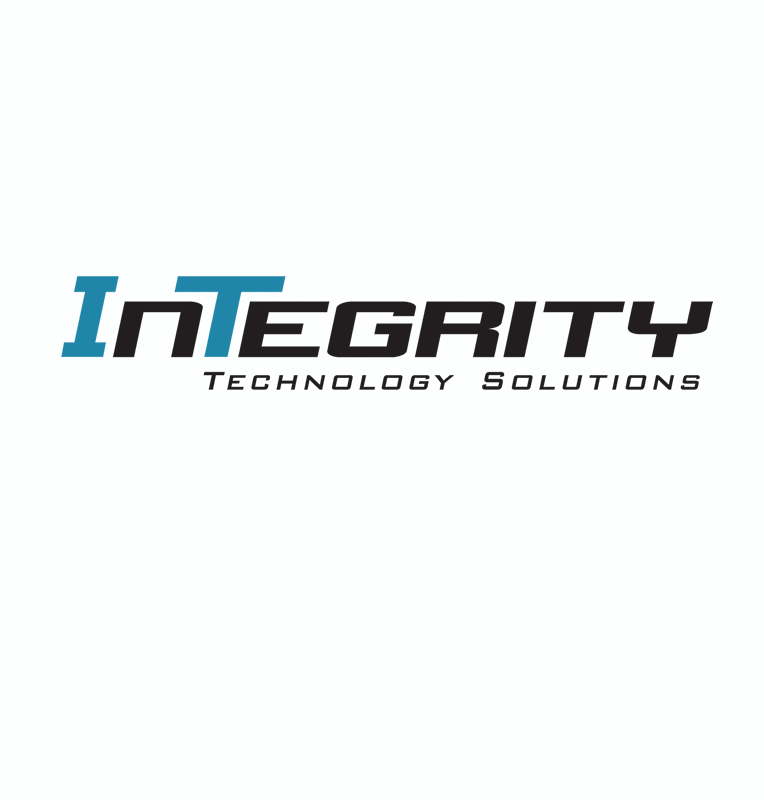
.png)
